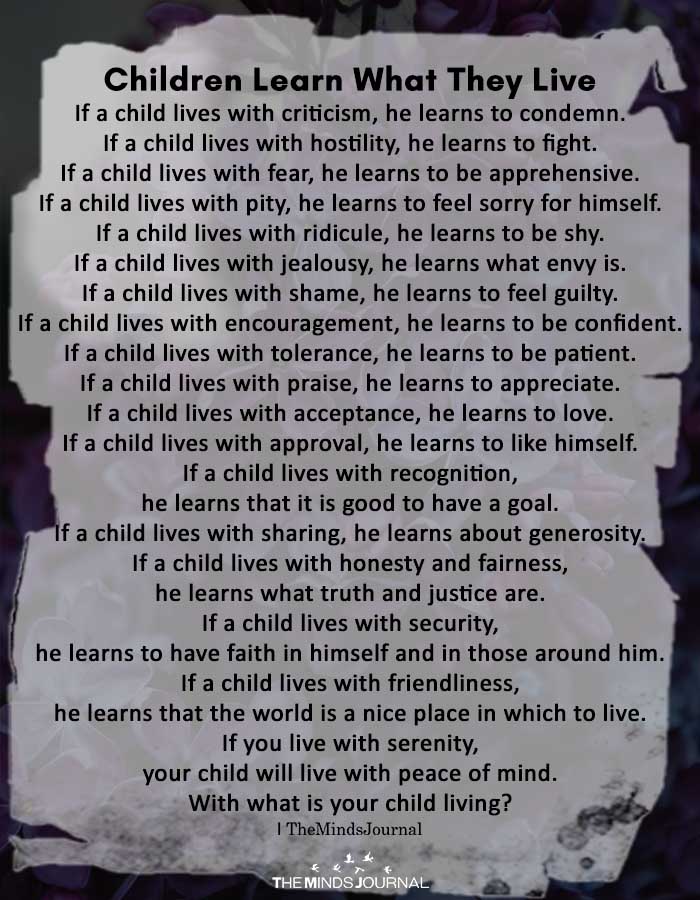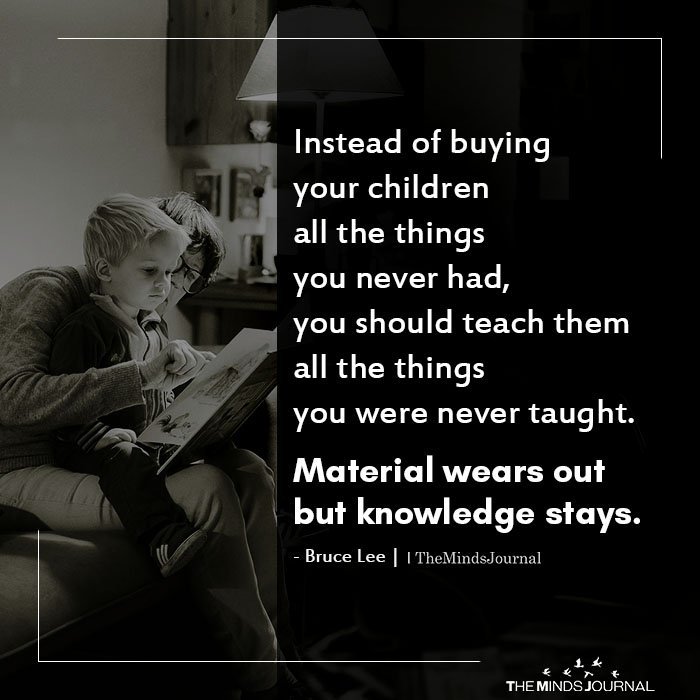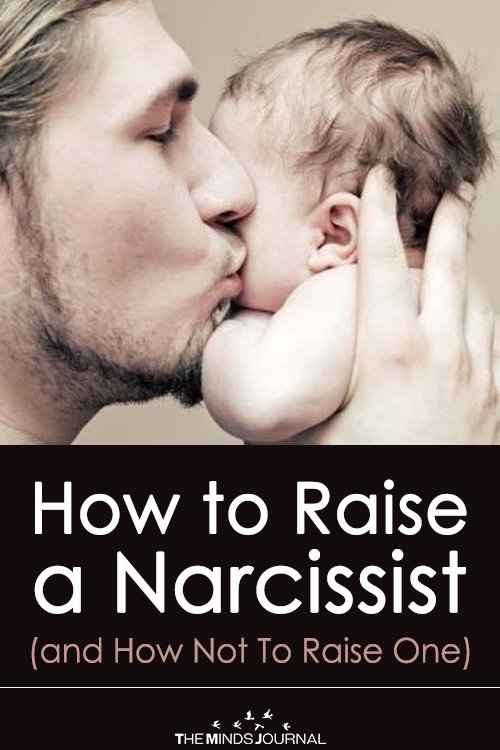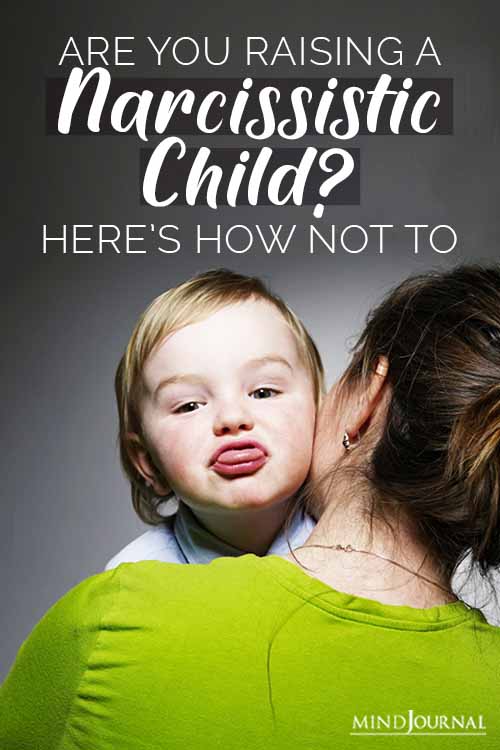Empathy and kindness are the antidotes: Here’s how to not raise a narcissist instead parent a child who is confident, caring, and loving!
Want to make sure that your own child doesn’t contribute to narcissism? Look no further! Get ready to discover the secrets of successful parenting and help shape the future of our society!
Raising A Narcissist Child: Narcissists are bred, not born
According to a 2015 study, narcissism in children is a direct outcome of parental overvaluation. The study explains “parents believing their child to be more special and more entitled than others,” can make children develop narcissistic tendencies.
Whereas, high self-esteem is often a result of parental warmth, with “parents expressing affection and appreciation toward their child.”
So if you are, intentionally or unintentionally, raising a narcissistic child, then there is a way to counter it and help them develop positive and healthy self esteem. Instead of giving them praise, offer your children parental warmth and affection, if you don’t want to raise another egotist in this world.
Read also: How A Child Becomes Narcissistic: What Type of Parenting Leads Children To Grow Up With NPD?
How to discipline a narcissistic child?
“The way to raise a narcissist is pretty evident: Tell your child they are wonderful, the very best, the most special of the specials on the sports field and the classroom and in the country and possibly on the planet – and keep telling them that.
Or, just be a narcissist yourself,” writes author Mackenzie Dawson in a New York Post article.

According to research published in the Proceedings of the National Academy of Sciences, 7 to 11-year-old children, who are often overvalued by their parents, usually score high on narcissism tests.
So if you believe that your child is better than others and more special and deserving, then it is highly likely that your child may grow to become a narcissist.
The researchers explained, “When children are seen by their parents as being more special and more entitled than other children, they may internalize the view that they are superior individuals, a view that is at the core of narcissism.”
And “that may not be good for them or for society,” believes Brad Bushman, professor of communication and psychology at The Ohio State University and co-author of the study.
However, when a parent treats their child with warmth, appreciation, and affection, then they internally believe that “they are valuable individuals, a view that is at the core of self-esteem.”
Read also: The Golden Child: How They Are Created In A Narcissistic Family
Narcissism vs high self esteem
Narcissists tend to believe that they are a gift to the world. People with high self esteem believe that they have value and can add value to their community and to the world.
A person raised as a narcissistic child will observe society as vertical, while a person with high self esteem developed through parental warmth will view the society as horizontal.
They will believe that every person in their community is equal despite their background. However, when it comes to narcissists equality doesn’t exist. You are either below them or above them.
“The goal of the narcissist is to get ahead – by hook or by crook – and he or she will use relationships to climb to the top,” writes David Ludden, Ph.D., an author, and professor of psychology at Georgia Gwinnett College.
But people with high self-esteem will tend to get along with everyone, instead of getting ahead of anyone. They are more likely to build intimate relationships and strengthen deep connections with others.
Children raised with high self-esteem grow up as individuals who view relationships as something to be nourished and nurtured, not as a means to an end. Ludden adds “In sum, narcissists view themselves as superior, whereas people with high self-esteem view themselves as worthy.”
Read : Toxic Children: 4 Signs and How To Deal

How to not raise a narcissist child – raising a narcissistic child the right way
If you are keen to raise a child with healthy self-esteem instead of raising another narcissistic child, then make sure not to over-praise your child.
Praising your child, when they deserve it, may be necessary to help them develop self-confidence and self-esteem, but overdoing is a recipe for raising a narcissistic child.
By over-praising them, you are communicating that your love is conditional. They will only gain your acceptance and praise when their performance is outstanding.
When they grow up, they become workaholics with the perfect career, perfect home and the perfect car. As they build a perfect life for themselves, they believe that they are better than others. But it takes a toll on their self-esteem and personal relationships.
So don’t tell your child that they are special or more deserving unless they truly are, which is rare. Be realistic and let them know that your love is not conditional.
“Narcissistic children need to learn to connect rather than impress. Repeatedly telling them how unique and special they are playing into their tendency to crave and hog the limelight, as well as their anxiety and resentment when they’re not the star,” explains Eileen Kennedy-Moore, Ph.D., an author, and clinical psychologist.
Read also: The Attachment Theory: How Childhood Attachment Affects Adult Relationships
Show appreciation, teach kindness

Be kind, compassionate, and appreciative of your child and towards others as well. Teach your child to treat others with kindness and respect.
Eddie Brummelman, a postdoctoral researcher at the University of Amsterdam & Utrecht University, says “Perhaps we can develop a way to help parents convey affection and appreciation for a child without necessarily putting a child on a pedestal, without telling the child he is better than others.”
When you fail to teach your child basic manners and to be kind, then you raise a narcissistic child. Tell them that they have value, but so do other children. Tell them that they are unique, but so is each and every other child.
Read : Psychopathy in Children: How To Spot and Deal With Psychopathic Children
Raising a confident, caring, and loving child is achievable with the right parenting approach. Avoid behaviors that cultivate and raise a narcissistic child, such as excessive praise, instead, nurture empathy and prioritize healthy relationships and personal growth.












Leave a Reply